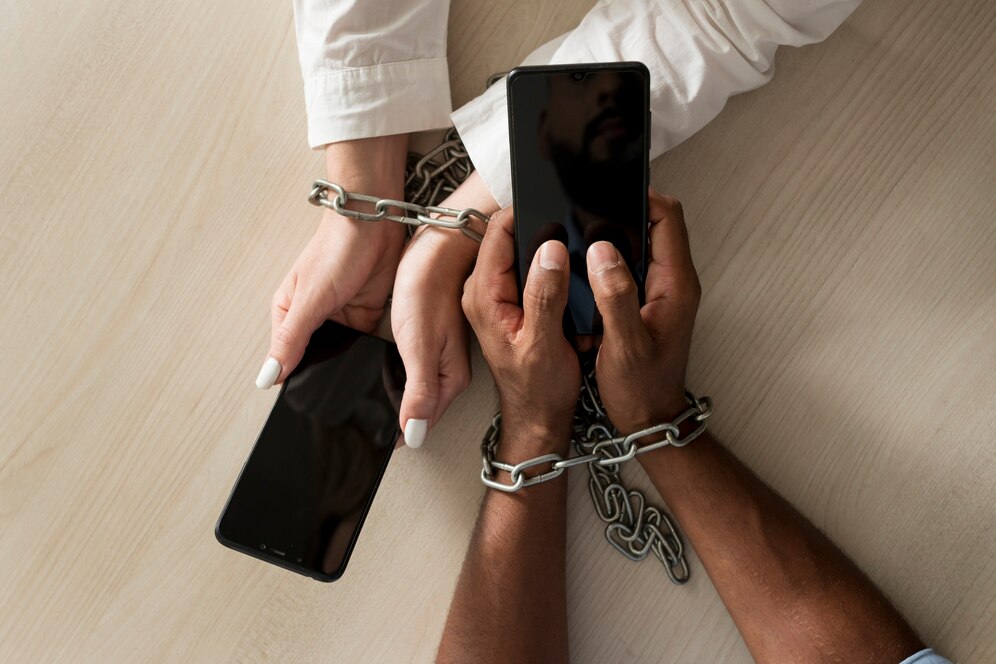Losing a phone is not just about replacing the device; it’s also about protecting your personal data, especially your bank account. Our phones hold sensitive information like banking apps, passwords, and mobile money access. If your phone is ever stolen, here is a simple way to secure your finances and data while staying calm.
Block Access to Your Bank Account
The first step to take is to secure your bank account. Contact your bank’s customer service immediately to request a temporary lock on your account. Many banks in Ghana provide USSD shortcodes that allow you to block access to your account yourself. For example, MTN Mobile Money lets users dial *170# to secure their wallet. You can also report the incident through online platforms if your bank offers that service. This move ensures that no unauthorized person can transfer money or access your funds.
Block Your SIM Card
Most banking and mobile money apps rely on OTPs sent to your phone number for transactions, so it is crucial to disable your SIM card immediately. Get in touch with your telecom provider and report the stolen phone. If you are an MTN user in Ghana, you can call 100 for assistance. Vodafone users can call 100 as well, while AirtelTigo customers should do the same. Once your SIM is blocked, thieves will no longer have access to verification codes or transaction approvals tied to your phone number. You can also visit the nearest service center to get a new SIM with your old number.
Erase Your Phone Remotely
If your stolen phone is connected to the internet, you can remotely delete its data. For Android users, Google’s “Find My Device” allows you to log in with your Google account and erase everything on the phone. For iPhone users, iCloud provides a similar option to wipe the phone clean. This step ensures that all stored passwords, apps, and personal data are completely removed from the thief’s reach.
Change All Your Passwords
After blocking your SIM and erasing your phone, it is important to update your passwords. Start with your email accounts, as they are often linked to other services like banking apps. Change the passwords for your bank apps, mobile wallet, and any other platforms where you might have saved sensitive details. Even if your apps were secured with a PIN or biometric lock, updating passwords adds an extra layer of security.
Strengthen Your Security for the Future
Once the immediate crisis is resolved, you can take steps to secure your digital life and prevent future incidents. Set up two-factor authentication on your bank accounts and emails. Lock your apps with PINs or biometric features like fingerprints or face ID. Avoid storing card details or passwords in plain text on your phone. For extra safety, install tracking apps like Cerberus or Lookout. These apps can help you locate your phone, lock it remotely, or even take pictures of the person using it.
Report to the Police
Although recovering a stolen phone can be difficult, filing a report with the police is still a smart move. Some telecom providers and banks might require a police report for certain claims. If you have your phone’s IMEI number, provide it in the report to increase the chances of tracking the device.
Losing a phone is stressful, but acting quickly can help protect your financial assets and sensitive information. By following these steps, you can stay ahead of any potential threats and safeguard your peace of mind.




